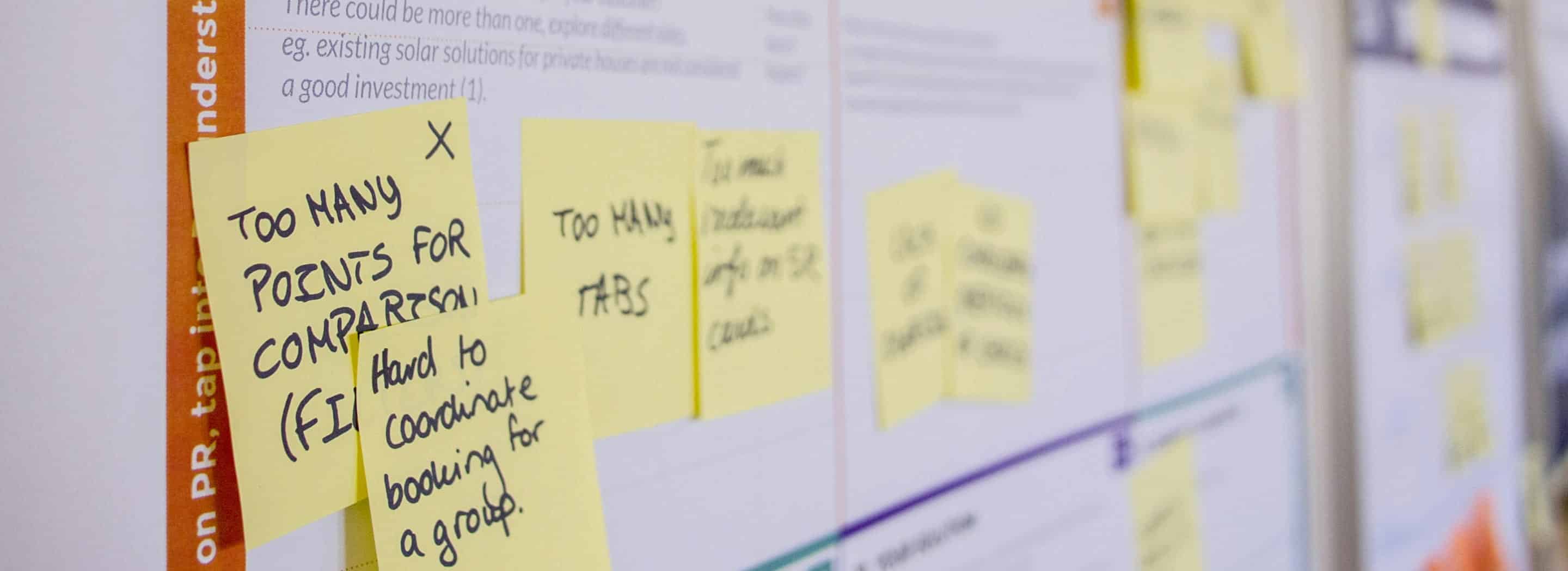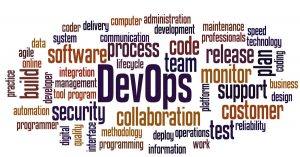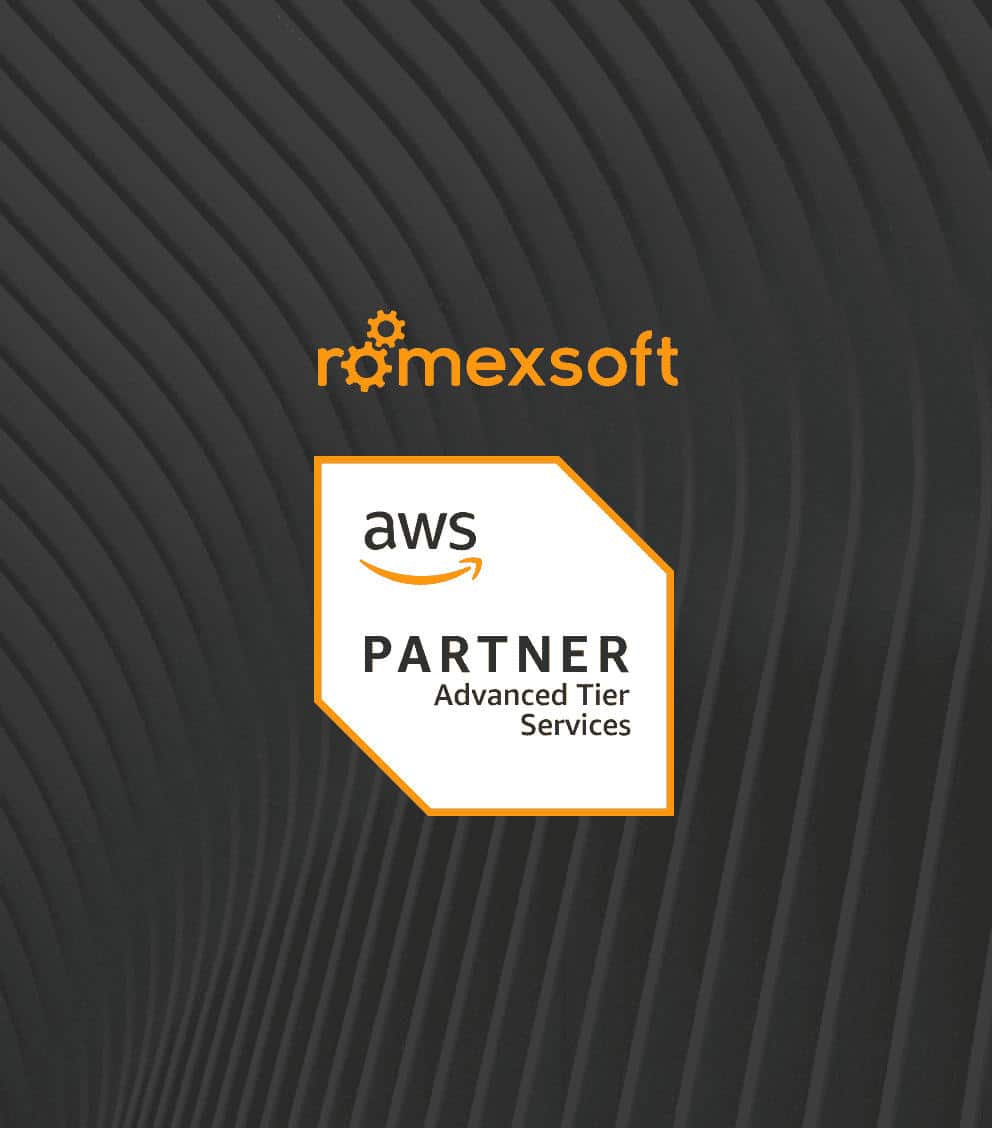How to merge DevOps and Cloud Development
In the era of digital transformation, where innovation is the name of the game, the marriage of DevOps practices and cloud development is a strategic alliance poised to reshape the way businesses approach application delivery. Here’s what you can expect to glean from our exploration of merging DevOps and cloud development:
- Streamlined Development: Discover how this integration simplifies and accelerates the development process, allowing for faster time-to-market.
- Improved Collaboration: Learn how DevOps and cloud development foster collaboration among development, operations, and testing teams, breaking down silos.
- Scalability Unleashed: Explore how the cloud empowers your applications to scale dynamically, meeting changing demands seamlessly.
- Cost Efficiency: Uncover strategies for optimizing costs by eliminating the need for in-house data centers and reducing IT personnel expenses.
- Enhanced Security: Dive into the security benefits of cloud development and best practices for safeguarding your applications and data.
- Global Reach: Understand how cloud services enable global availability, ensuring your applications are accessible to users worldwide.
In this article, we guide you through the fusion of DevOps and cloud development, providing invaluable insights and strategies for achieving development excellence in the digital age.

Table of Contents
Nothing is more important than staying relevant. When talking about developing a successful application, you should always consider how you are going to scale, how you are going to release updates, and how you are going to convert user feedback to relevant changes.
Today we are going to talk about the latest development combination that can satisfy all of the requirements listed above – DevOps and Cloud app development services – the two things we here at Romexsoft are experts about.
Table of Contents
Why DevOps Matters
In traditional development management models, the operations team and the development team are often completely divided from each other, making efficient communication hard to achieve. The constant back-and-forth between managers and developers slows down progress, fuels mistrust, and prevents innovation. The DevOps is a relatively new approach that has emerged as a way to remedy these issues.

What is DevOps?
In simple terms, DevOps means collaboration between the operations team and the development team. Oftentimes the two teams are merged in one, and go hand-in-hand through all application development cycles. This approach helps to improve and evolve products at a faster pace than traditional product development management methods.
Who is a DevOps engineer?
Taking into the account that the DevOps development management model is a so-called bridge between the development team and the operations team, than the DevOps engineer must be the person who is an expert in multiple areas at once, such as software development, quality assurance, DevOps testing, deployment processes, infrastructure architecture, and many more other areas that span the developmental process of a unique application.
DevOps and Cloud Computing
What is Cloud Computing?
Cloud Computing is an IT resource delivery method where you get your storage, computing power, application, database, and other needs fulfilled over the internet by cloud providers on a pay-per-use basis.
Cloud providers such as Amazon Web Services have revolutionized the way we view application development. The flexibility that comes with managing your backend infrastructures in the cloud has allowed for application developers to focus on what actually matters – product quality and customer satisfaction.
Romexsoft has wide professional experience of building, deploying and supporting customer solutions on AWS. Romexsoft mission is to provide extensive support to customer-centric companies to help them build and grow cloud-based businesses on AWS.
You can read more about our experience successful Cost-effective Monitoring Solution on AWS in our Case Study.
Impact of DevOps on the Cloud Development Workflow
DevOps is the perfect strategy for developing applications that require fast and frequent deployment of new features. Due to the nature of cloud computing, it can be the perfect centralized environment for DevOps automation. Cloud services like AWS provide a single platform for testing, deployment, and development, which makes adoption of DevOps practices almost intuitive, as opposed to monolithic approaches of the past.
It is important to understand that the adoption of DevOps practices should start from the earliest stages of your application. It is also good to know that DevOps cloud development comes hand in hand with a number of DevOps tools, like Kubernetes, Jenkins, Docker, Git, and more.
Best Practices for DevOps in Cloud Development
Even though the DevOps & cloud combination is increasingly gaining in popularity, it is still relatively new. In a situation like this, it is important to distinguish between good and bad developmental practices. Fortunately, this is exactly why articles like this one exist – to help you in these unknown scenarios. Adopting a whole new development management model can seem hard and intimidating, but we here at Romexsoft have compiled a list of best DevOps practices in cloud development:
Continuous Integration
Continuous integration has never been easier to achieve than with using done-and-trusted DevOps management practices combined with all of your application’s resources available through cloud services such as Amazon Web Services.
Continuous Delivery
DevOps and cloud computing are the perfect combination for constant delivery of new features. Any user feedback can be swiftly converted into an update due to the constant availability of the cloud services.
Automating Deployment
Fully-managed cloud services combined with DevOps app deployment practices can make the whole application deployment process completely automated.
Quality Assurance (QA)
DevOps quality assurance practices for cloud services are a winning combination for your application’s QA experience. Using cloud resources for testing as a part of DevOps process is way more efficient and foolproof than using virtual machines.
Microservices
Microservice architectural style means that an application is combined from a number of independently developed and managed features (which are called microservices). Microservices are a great way to simplify implementing certain specific processes in your app, and are a vital part of cloud development. With DevOps, it’s easy to implement and use microservices in your cloud application.
Infrastructure as Code (IaC)
DevOps approach makes it easy to view your cloud application as an Infrastructure as Code system. IaC approach to provisioning infrastructures is a key part of DevOps development.
DevOps and AWS
AWS is full of services and tools that are perfectly suitable for DevOps practices. AWS Services are great for DevOps because they are scalable, secure, fully-managed, and so much more. With AWS’ extensive partner network and seamless microservice integration, the possibilities for developing an application with the help of DevOps practices are almost endless.
Conclusion
As more and more companies strive to stay relevant in the ever-changing market, we have come to a point where it is almost impossible to keep up with your competitors while using outdated monolithic application development approaches. Without a doubt, DevOps and cloud app development can be called one of the best combinations on the market to build an efficient application that can keep up with the modern world.
If you are interested in building a great, scalable, cloud-based application, consider Romexsoft DevOps consulting services – an award-winning AWS Consulting partner with more than 15 years of experience in the market.




